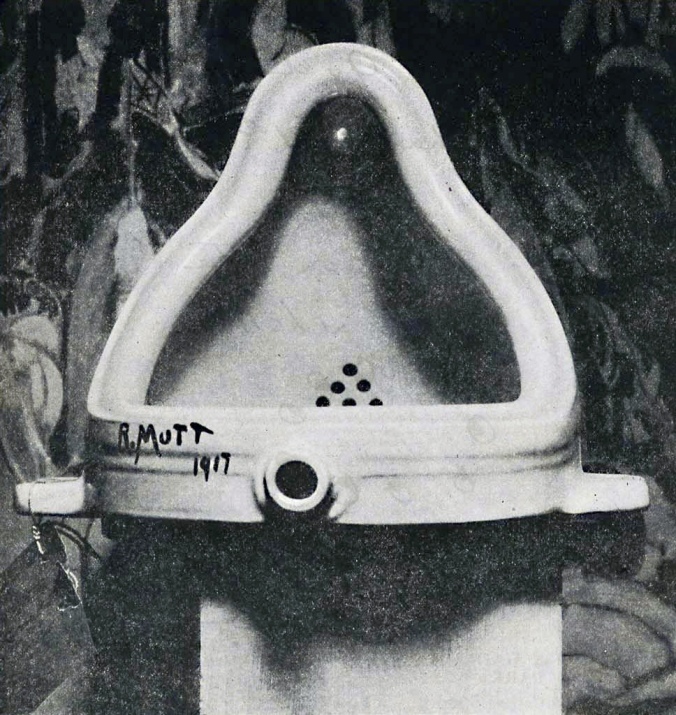Is the notion of the avant-garde as pertinent today as it was in the beginning of the early-twentieth century? A multifaceted question in which I intend not to answer but to engage with. Theorists and literary critics alike (too many to mention) will argue that the avant-garde faded out or to a lesser extent perished. If so, when, where, how and why?
Avant-gardism originated in opposition to traditional expectations of what constitutes as art, whether institutionally or outside. Without being too exact one could argue that Paris was the nucleus of this innovative movement, particularly in the 1910s, 1920s and 1930s. Woody Allan’s Midnight in Paris depicts, rather accurately, (in my opinion) the ‘aesthetic longing’ artists and writers today wish to discover. Here Cubism, Dadaism, Impressionism, Realism, Symbolism, Primitivism, and many more, took centre stage, and with such gusto as the world had not experienced before. F.S Fitzgerald, Ernest Hemmingway, Gertrude Stein, and Picasso all frequented the same cafés and bars, where original ideas were shaped and moulded into the artworks that inhabit our libraries and museums today. Nelly Furtado’s crooning of the words, “why do all good things come to an end”, seem appropriate when writing about the Parisian artists of the early twentieth century.
The reason all good things come to an end is because the good becomes old and the old is never new. Art and literature strive on originality, a concept and term filled with the paradoxical elements which hold it together. Walter Benjamin attributes this loss of originality or aura to the mechanization of the work of art. This assumption is true to a degree but surely in a teleological or existentialist world progression is inevitable. Were artists supposed to boycott the new mode of production and continue the Dadaist tradition of useless art, surely not? Furthermore, one could argue that the original does not exist, for the ideas of writers and artists alike are perceived, then interpreted and finally put onto a canvas or blank page. Excellence and originality invariably alter for the reason that standards can and do change. What may be deemed original might also be considered a copy or a reinvention of a type of originality. Theoretically the avant-garde cannot exist without “tradition” and it is widely accepted in philosophical and historical circles that the discourse of tradition changes with the coming of each epoch, thus the avant-garde in keeping up with tradition evolves as opposed to regresses. This is only a thought, and is widely disputed among literary theorists.
An example of neo avant-gardism is Andy Warhol’s Oxidation Paintings. Before the exhibition of the painting, Warhol or an assistant, allegedly urinated onto canvases prepared with a copper emulsion, causing highly gestural green gas splotches of oxidation to form on the reddish ground. Due to his already preeminent status as an artist, this crude act becomes of instantaneous aesthetic value. My point in telling this story is that it replicates Marcel Duchamp’s urinal art. Both are accepted as art, the former immediately, and the latter after some time. Indisputably, urinating in an art gallery is as shocking as placing a urinal in a museum if positioned traditionally on a historical diagram. What is shocking now is unthinkable a hundred years ago and what is shocking then is deemed cultivated now. My point is, there are many factors which contribute to a so called “shock value”, including political and social ideologies. These factors are transferable to the degree of changeability, therefore, the avant-garde has no choice but to keep in line with its external and internal surroundings.
The tip of the iceberg remains untouched. Alas, time is too close to midnight to allow my cognitive thought to refrain from wandering, therefore, I will continue with this complex topic in the following days. Remember to comment like or share the above, if not for its usefulness, then at least to motivate me to continue to write on this subject.
